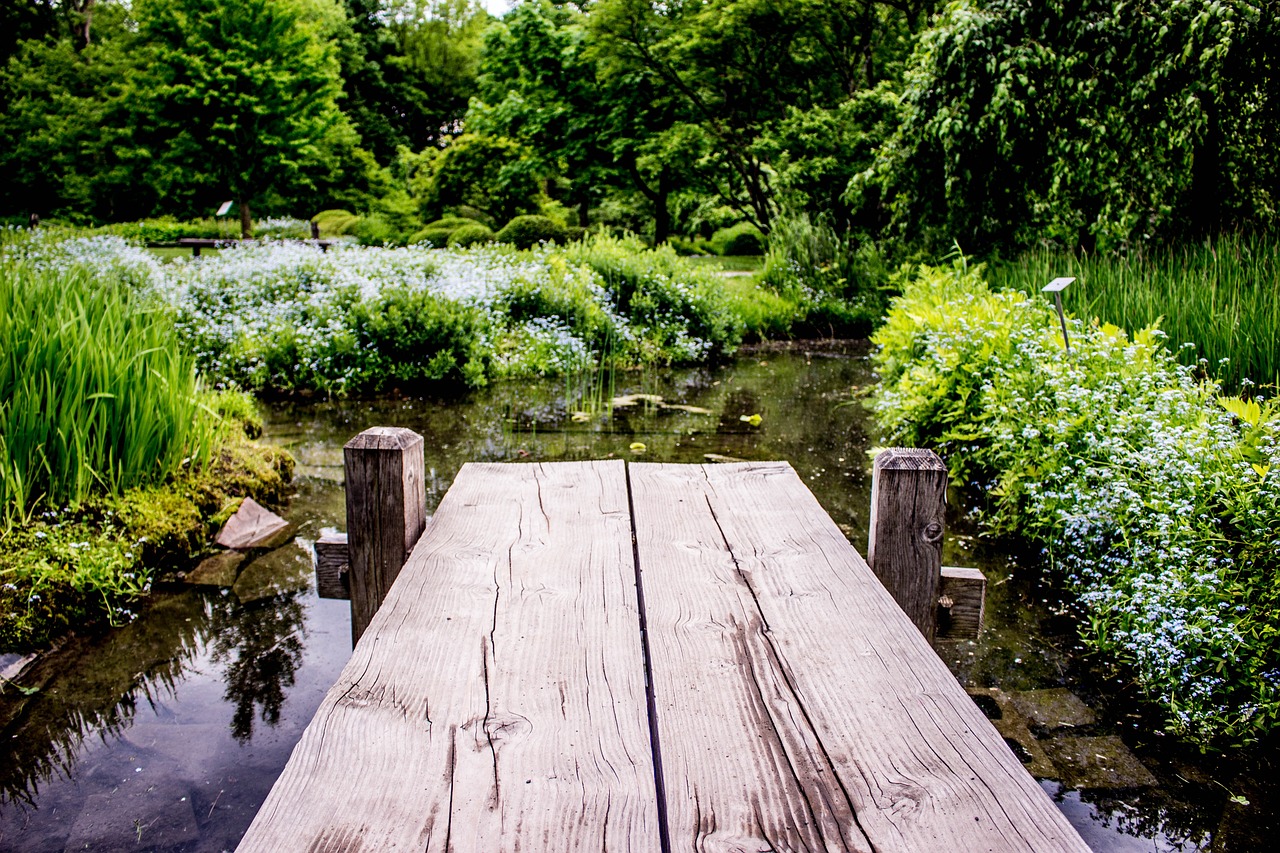Mindful Wilderness Survival Skills Training: Learning to Thrive in Natural Environments
When embarking on a wilderness adventure, it is crucial to be equipped with the necessary knowledge and skills to ensure your survival. Understanding the basics of wilderness survival can mean the difference between life and death in challenging situations. Being prepared and knowledgeable about how to navigate the unpredictable wilderness is essential for anyone venturing into the great outdoors.
One of the fundamental aspects of wilderness survival is the ability to assess and adapt to your surroundings. By having a keen awareness of your environment and understanding how to utilize available resources, you can increase your chances of surviving in the wild. Knowing how to find food, water, and shelter is essential, as well as having the skills to navigate and communicate effectively in case of an emergency.
Building Shelter in the Wilderness
When it comes to surviving in the wilderness, one of the most crucial tasks is building a shelter for protection against the elements. A well-constructed shelter can provide warmth and security, ensuring a better chance of survival in challenging conditions. Look for a location that is flat and sheltered from strong winds, and gather materials such as branches, leaves, and pine needles to build your shelter.
Consider building a basic lean-to shelter using a framework of sturdy branches leaning against a tree or a makeshift support. Fill in the gaps with smaller branches and foliage to create a barrier against rain and wind. Insulate the ground with leaves or branches to provide some cushioning and additional warmth. Remember, the key to a successful wilderness shelter is to keep it simple yet effective, utilizing the resources available in your surroundings.
Finding and Purifying Water Sources
One of the most crucial aspects of surviving in the wilderness is finding a safe and reliable water source. In a survival situation, access to clean water is vital for staying hydrated and maintaining overall health. Without it, the human body can survive for only a few days, making water procurement a top priority.
When searching for water sources in the wilderness, look for clear-moving water such as streams and rivers. However, be cautious as even seemingly clean water sources can harbor harmful bacteria and parasites. To purify water in the wild, boiling is the most effective method to kill off any pathogens. Collect water in a container, bring it to a rolling boil for at least a minute, then let it cool before consuming. This simple process can make a world of difference in ensuring your survival.
• Look for clear-moving water sources like streams and rivers
• Be cautious as even seemingly clean water can harbor harmful bacteria and parasites
• Boiling is the most effective method to purify water in the wild
• Collect water in a container, bring it to a rolling boil for at least a minute, then let it cool before consuming
Why is finding and purifying water sources important in wilderness survival?
Water is essential for survival as the human body cannot function without it. Without access to clean water, dehydration can set in quickly and lead to serious health issues.
How can I find water sources in the wilderness?
Look for signs such as vegetation, animal tracks, and low-lying areas where water may collect. Streams, rivers, and lakes are common sources of water in the wilderness.
What are some methods for purifying water in the wilderness?
Boiling water is the most effective method for purifying water in the wilderness. Other methods include using water purification tablets, filters, or UV purifiers.
Can I drink water from a natural source without purifying it?
It is always recommended to purify water from natural sources, even if it looks clean. Bacteria, parasites, and other contaminants may be present and can make you sick if ingested.
How much water should I drink in a day while in the wilderness?
It is recommended to drink at least 2 liters of water per day while in the wilderness to stay properly hydrated and maintain optimal health and performance.





